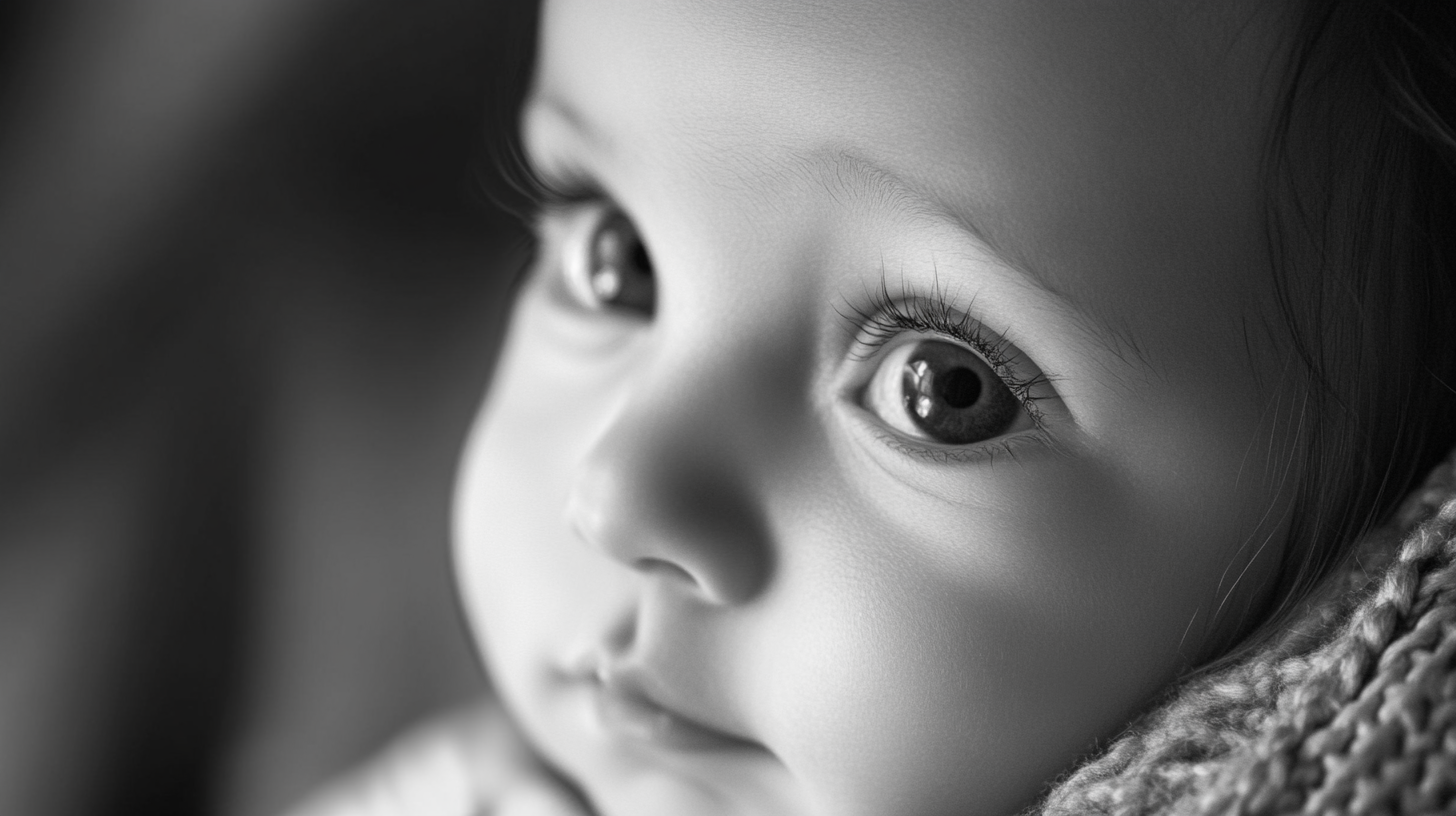Understanding Child Development: A Comprehensive Guide to Growth Milestones
Every child's journey of development is unique and fascinating. As parents and caregivers, understanding the milestones of child development helps us provide the best support possible for our little ones. In this comprehensive guide, we'll explore the essential aspects of child development, from physical growth to emotional maturity.
The Four Pillars of Child Development
Child development encompasses four main areas that work together to shape a child's growth:
- Physical Development
- Cognitive Development
- Emotional Development
- Social Development
Physical Development: Building Strong Foundations
Physical development forms the cornerstone of a child's growth journey. This includes both gross motor skills (large movements) and fine motor skills (smaller, precise movements).
Key Physical Milestones by Age
0-12 Months:
- Holds head up (3-4 months)
- Rolls over (4-6 months)
- Sits without support (6-8 months)
- Crawls (6-10 months)
- First steps (9-12 months)
1-3 Years:
- Walks steadily (12-18 months)
- Runs (2 years)
- Climbs stairs (2-3 years)
- Kicks and throws balls (2-3 years)
Cognitive Development: Growing Minds
Cognitive development involves how children think, explore, and figure things out. It's the development of knowledge, skills, problem-solving, and dispositions.
Cognitive Milestones
- Object permanence (8-12 months)
- First words (12-18 months)
- Simple sentences (2-3 years)
- Color recognition (2-3 years)
- Basic counting (3-4 years)
Emotional Development: Building Inner Strength
Emotional development involves learning to understand and manage feelings. This crucial aspect helps children build resilience and self-awareness.
Key Emotional Milestones
- Social smiling (2-3 months)
- Stranger anxiety (6-8 months)
- Emotional attachment (9-12 months)
- Self-awareness (18-24 months)
- Empathy development (2-4 years)
Social Development: Learning to Connect
Social development focuses on how children interact with others and build relationships.
Social Milestones
- Responds to familiar faces (0-3 months)
- Parallel play (2-3 years)
- Cooperative play (3-4 years)
- Taking turns (4-5 years)
Supporting Your Child's Development
Here are essential ways to support your child's growth:
- Provide a safe, nurturing environment
- Engage in regular play and interaction
- Read together daily
- Encourage physical activity
- Maintain consistent routines
Expert's Corner
"Every child develops at their own pace. What's most important is creating a supportive environment that encourages exploration and learning while ensuring safety and emotional security." - Dr. Sarah Johnson, Child Development Specialist
When to Seek Professional Help
While development varies among children, certain signs warrant professional attention:
- Limited or no eye contact by 3 months
- No babbling by 4 months
- No words by 16 months
- No walking by 18 months
- Loss of previously acquired skills
Conclusion
Understanding child development helps us provide better support for our children's growth journey. Remember that each child is unique and develops at their own pace. The key is to maintain a nurturing environment while staying attentive to their individual needs.
Ready to Support Your Child's Development?
